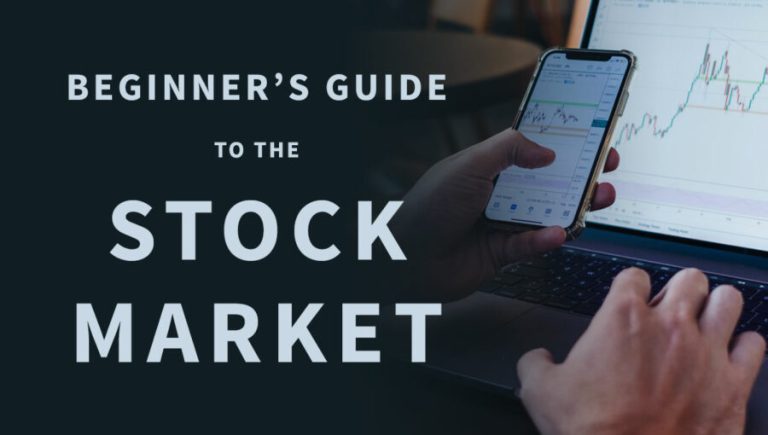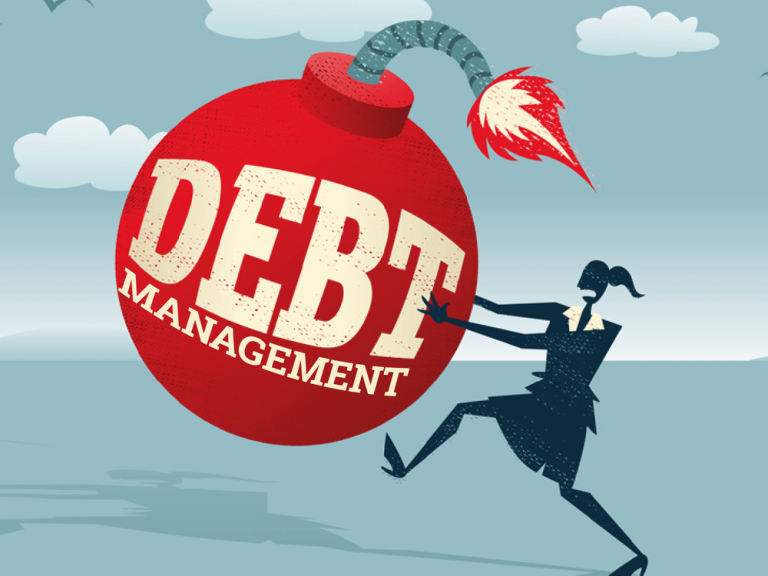Are you self-employed and looking for the best ways to grow your wealth? Navigating the world of finance can be daunting, especially when you’re trying to find the right investment options for self employed individuals. The freedom that comes with being self-employed is fantastic, but it also comes with its own set of challenges, one of which is making smart financial decisions. No need to fret! Let’s explore some fantastic investment possibilities tailored specifically for self-employed individuals like you.
Exploring Investment Options for Self Employed Individuals
This image encapsulates the various routes you can take to secure your financial future as a self-employed person. The choices you make today will shape your financial landscape for years to come. Let’s dive deeper into these investment options for self employed, exploring practical avenues that can help you thrive.
1. Retirement Accounts: The Backbone of Your Investment Strategy
One of the most crucial investment options for self employed individuals is retirement accounts. Just because you don’t have an employer-sponsored retirement plan doesn’t mean you should neglect your future. Consider opening a Solo 401(k) or a Simplified Employee Pension (SEP) IRA.
The Solo 401(k) allows you to contribute as both an employee and employer, enabling you to stash away a significant amount of money for retirement. Meanwhile, a SEP IRA allows for higher contribution limits compared to traditional IRAs, making it an excellent choice for self-employed individuals looking to save aggressively for the future.
2. Building an Emergency Fund
Before diving headfirst into high-risk investments, it’s essential to build a safety net. An emergency fund can cushion you against the inevitable ups and downs of self-employment. Aim to save at least three to six months’ worth of living expenses in a high-yield savings account. This money should be easily accessible and earmarked solely for emergencies.
Having this financial buffer allows you to invest with confidence, knowing that your basic needs are covered even during lean times. An emergency fund isn’t just a cushion; it’s a springboard that empowers your future investment options for self employed individuals.
3. Real Estate: A Tangible Investment Option
Another excellent choice among the investment options for self employed individuals is real estate. Property ownership can provide passive income through rentals and can be an effective way to build wealth over time.
Investing in real estate requires thorough research and consideration of location, property management, and associated costs. However, once you own rental properties, they can serve as a consistent source of income, helping mitigate the financial uncertainty that can accompany self-employment.
4. Stocks and Mutual Funds: Get Your Feet Wet
For those who are comfortable with a degree of risk, entering the stock market can be an exciting venture! Diversifying your portfolio through stocks, ETFs, and mutual funds can provide growth potential and dividends. Websites like Robinhood, E*TRADE, and Charles Schwab make it easy for self-employed individuals to start investing even with minimal initial capital.
Start by educating yourself about different sectors and companies, and gradually build a diverse portfolio that aligns with your risk tolerance. The world of stocks offers a wealth of investment options for self employed individuals, allowing for variations in risk and return.
5. Bonds: A Safer Investment Opportunity
If you’re seeking a more stable investment avenue, consider bonds. Bonds are typically less volatile than stocks and can provide a steady stream of income through interest payments. Government and municipal bonds are often a safe bet, whereas corporate bonds can offer higher returns but at an increased risk.
Including bonds in your investment options for self employed individuals allows you to balance your portfolio with safer, fixed-income investments. They can play a pivotal role, especially as you approach retirement age.
6. Create a Business Fund
As a self-employed individual, your business is an investment in itself. Allocate funds specifically for your business growth. This can include upgrading equipment, enhancing your marketing efforts, or investing in additional training and education.
By treating your business expenditures as a key part of your investment strategy, you’ll not only improve your current operations but also set the stage for future growth and expansion.
7. Peer-to-Peer Lending: Innovating Your Investments
Peer-to-peer lending platforms like LendingClub and Prosper offer a unique opportunity to invest your money while potentially earning decent returns. This means you can lend money to individuals or small businesses in exchange for interest payments.
While it does carry risks, it can be a fascinating addition to your list of investment options for self employed individuals. Be sure to carefully consider the underlying risk and reward before diving in, as the success of peer-to-peer lending can vary greatly.
8. Alternative Investments: Think Outside the Box
If you’re looking for something unique, consider alternative investments such as collectibles, art, or even cryptocurrencies. These investment options for self employed individuals can be higher risk but might offer substantial rewards if approached wisely.
Just be sure to do your homework and avoid investing more than you can afford to lose. The market for these alternatives can be irrational; thus, a patient and informed approach is essential.
9. Invest in Yourself
Perhaps the most critical investment option for self employed individuals is investing in yourself. Take courses, attend workshops, or read books to improve your skills and knowledge. This kind of investment yields dividends in both your business and personal life.
Sharpening your skills can open new revenue streams, enhance your offerings, or even lead to a career transition that you’ve been dreaming of. Remember, the greatest asset you have is yourself!
10. Networking: Build Relationships for Growth
Finally, don’t underestimate the power of networking. Building relationships can lead to new partnerships, collaborations, and opportunities that can elevate your career to new heights. Join professional organizations, attend industry events, or leverage social media to connect with others in your field.
These connections can be invaluable, offering support and potentially leading to lucrative ventures that can bolster your financial standing. Remember, your network is an essential investment option for self employed individuals.
As a self-employed individual, you have a myriad of investment options at your disposal. By diversifying your investments among retirement accounts, real estate, stocks, and other avenues, you can create a robust strategy that fosters growth and stability. As you explore these routes, keep a clear vision of your financial goals and make informed decisions that align with your aspirations. Start today; secure your financial future one step at a time!




